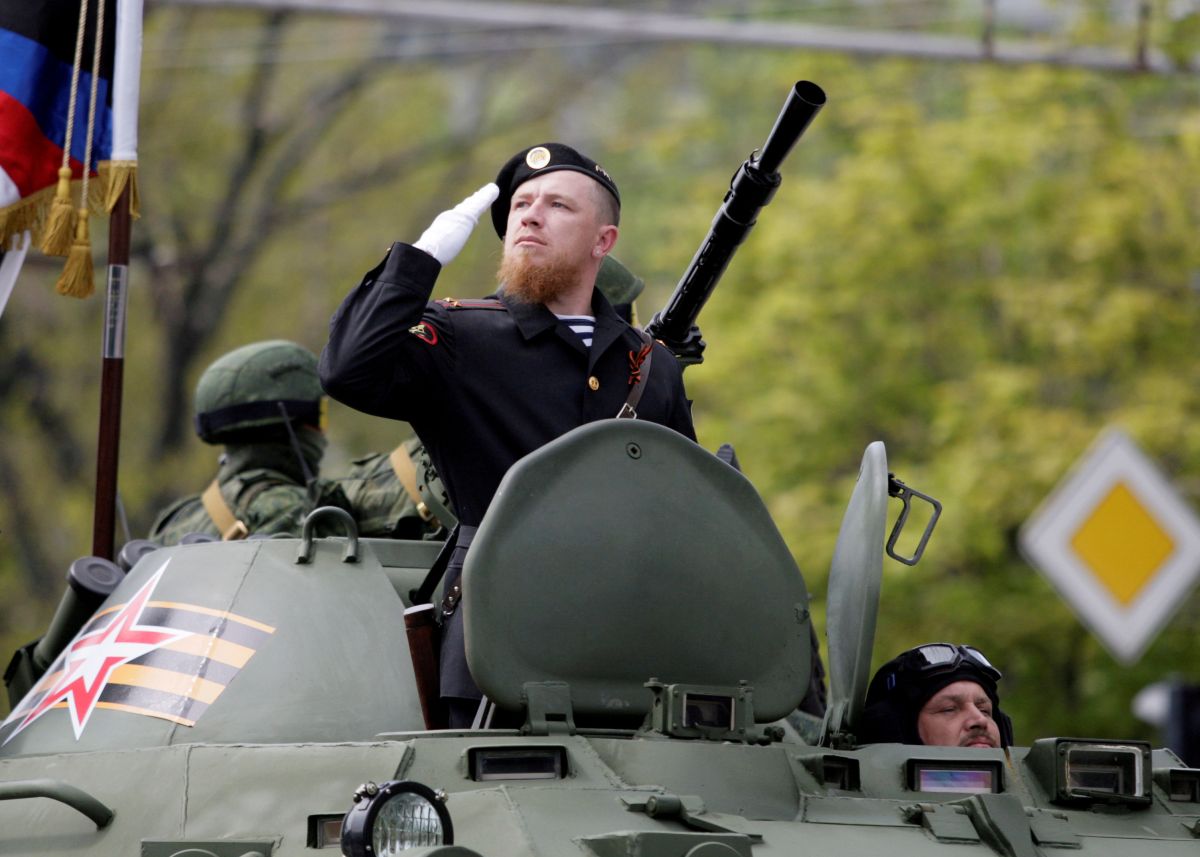
In reality, Pavlov was much more than simply "pro-Russian". He was an actual Russian. This is not a matter of mere semantics — it is the crux of the entire conflict. Pavlov was one of tens of thousands of Russian citizens who have traveled to neighboring Ukraine in order to wage war, reads the article.
The forces Russia has deployed for this purpose include a mixture of regular army troops without insignia ("little green men"), paramilitaries drawn from Russian army veterans, Russian nationalists, common criminals, and local recruits. Together, they form a hybrid army of occupation that is larger than the armed forces of all but a handful of European states. Describing such people as "pro-Russian" is clearly absurd, and yet it continues. By almost any rational measure, Pavlov's nationality should have been central to the international media coverage of his demise. Instead, in most reports it appeared as a mere footnote.
Read alsoMoscow 'blocking' Ukrainian journalists at EuronewsThe media response to the death of Pavlov has highlighted the problems international reporters continue to face when covering events in Ukraine. Ever since the seizure of Crimea in early 2014, correspondents and editors have struggled to find the right terminology to define the Ukraine conflict and accurately describe the various combatants, as I have previously argued. These difficulties are no accident. Russia's hybrid war tactics aim to create exactly this kind of ambiguity in order to paralyze international opinion and prevent an effective response.
Why have Russia's tactics proved so effective? One of the key factors has been the ethical obligation among international news outlets to maintain objectivity and present "both sides of the story." Unfortunately, journalists who adhere to it blindly at the expense of common sense are defenseless when confronted by an actor whose modus operandi includes lies and disinformation designed specifically to exploit this commitment to journalistic balance.
There is also a more practical reason. Most media coverage of Ukraine still comes through Moscow bureaus, which makes unambiguous coverage of the conflict unlikely. Journalists intending to report from occupied east Ukraine itself face even tougher challenges. Leaked emails from the press departments of the self-styled separatist republics reveal that reporters will have their access revoked if they fail to articulate the Kremlin narrative adequately.
Read alsoCzechs set up unit to counter perceived propaganda threat from Russian – ReutersSending correspondents down from Moscow to cover Ukraine is clearly asking for trouble, but it is still arguably better than asking stringers with no prior foothold in the region to provide perceptive reportage.
Read alsoPoroshenko says urged Putin to "stop shooting" in DonbasHowever, the recently published findings of the Joint Investigation Team into the MH17 tragedy have served to expose the depths and complexity of Kremlin disinformation, leading to increased levels of skepticism towards any information coming from Russian sources. The Kremlin's air war in Syria has had a similarly sobering effect. Nevertheless, ambiguous media coverage of the conflict in Ukraine is still a major problem. As long as the international press sees fit to refer to Russian nationals as "pro-Russians", the realities of Russian President Vladimir Putin's hybrid war in Ukraine will stay shrouded in a fog of confusion, and peace will remain elusive. No conflict can expect to be resolved when the principle protagonist is permitted to pretend he is an innocent bystander, the author wrote.

